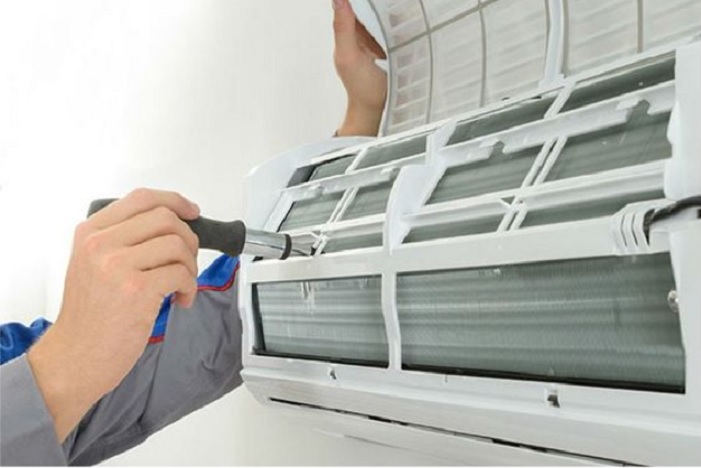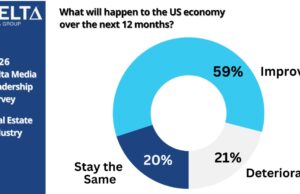How to Cut Down the Costs of Your Hotel Maintenance While You Are Starting Up

The popularity of international tourism industries continues to grow over the years. People who want to discover new places are traveling a lot. This causes an increase in the number of domestic and international flights. Thus, demanding competitive accommodation services and requiring the need for stronger systems for hotel maintenance.
Unexpected complications in hotel management are inevitable which brings out the crucial role of hotel maintenance to ensure a strong performance. If you are a hotel manager, it is true that booking and occupancy rates should be your principal focus. But, you should also realize the crucial role of effective facility maintenance because it is what distinguishes great hotels from the good ones.
In this article, we will be sharing with you two strategies in lowering your hotel maintenance costs. But first, let us tackle more on the importance of hotel maintenance.
The Importance of Hotel Maintenance
No matter what the size of a hotel is, the top concern of each hotel manager is the rank of service quality. While attracting guests, properly trained staff and meticulous awareness to detail undoubtedly are excellent ways to start guaranteeing the satisfaction of guests. Also, persuading them to come back. However, the concerns of hotel managers surpass these things.
Moreover, the costs connected with disorganized hotel maintenance systems can result in a huge financial burden. Reducing these costs should be given into consideration to maintain your hotel’s reputation in case of unexpected complications. This is where corrective and preventive maintenance strategies become beneficial in the prediction of costs and registration of savings.
Why do you think is disorganized hotel maintenance costly? Because when guests pick a hotel, they have basic considerations that you need to have in your hotel. Some of their most common requirements are electricity, hot water, and proper heating. These basic utilities should be provided at all times. However, the occurrence of issues is imminent which complicates the proper delivery of these resources.
Tips for a Cost-Effective Hotel Maintenance
There are various categories of building maintenance strategies you can choose from to reduce your maintenance costs. However, the most commonly used by hotel managers are corrective and preventive maintenance strategies.
Corrective Maintenance
Corrective or unplanned maintenance is done after the occurrence of a failure. This intends to repair or restore a piece of equipment so that it will be able to perform the required functions. No maintenance services are implemented until a failure happens.
An example of corrective maintenance is when the water or centrifugal pump of a swimming pool malfunctions and requires restoration. But note that before you do some maintenance services in the pump, you need to turn off the flow of water. You would need a reliable shut-off valve, a gate valve, in this case, to avoid other problems from occurring.
How does a gate valve work? This type of valve has a rectangular component, known as the gate, in the middle that is used to control fluid flow. When it is completely open, there is no obstruction to the flow, resulting in low friction loss. This is why a gate valve is great for different types of fluids, such as mixed solids and liquids and slurries.
The Advantages of Having a Well-Organized Information in Corrective Maintenance
Each corrective maintenance activity in a hotel must have a record for the proper identification of failure sources. Recording these activities will aid hotels in the correction of operational procedures. Not only this, inappropriate and excessive utilization of equipment is identifiable along with additional factors causing recurring failures. Thus, reducing unnecessary maintenance costs.
Having a well-planned corrective maintenance strategy aids in the acceleration of processes and the improvement of guest experiences. Therefore, it is crucial to do it properly.
Advantage of Housekeeping in Corrective Maintenance
Hotel housekeepers directly impact customer experience. Usually, they are the first ones to detect failures. This is because they can directly access rooms and equipment, and they interact with guests on a regular basis.
A common mistake of hotels is that they are not able to deal with these failures immediately. Because these failures are reported by housekeepers on paper only when their shifts end. This causes housekeepers to forget a lot of information about the rooms and tend to rush when recording failures. And when the issues are not dealt with immediately, the condition of the equipment might worsen and can cost higher maintenance costs.
This is not a very effective way of spotting failures faster. It’s time you change your regulations if you’re one of those who are still doing this.
Preventive Maintenance
In preventive maintenance, the maintenance is implemented at pre-arranged time intervals to reduce failure probabilities and poor performance of items. This strategy relies on predicted probabilities that a piece of equipment or system will malfunction at a given time period.
Here’s a tested fact:
Air filters that have not been changed for more than four months can reduce the efficiency of heating, ventilation and air conditioning (HVAC) by 10%.
Not having a well-organized preventive maintenance strategy can grow your costs eventually after a long time. Make sure that your technicians are following the pre-scheduled maintenance activities.
The Advantages of Having a Well-Organized Information in Preventive Maintenance
Hospitality industries give importance to preventive maintenance because all equipment is required to efficiently work without issues being identified by guests. This is possible through the access of maintenance technicians to various key details associated with each equipment. These include:
- A record of interventions,
- Instruction manuals,
- Information on equipment life cycles, and
- A calendar of preventive maintenance activities.
But because of the huge amount of data in hotels, it is vital to organize these data properly. Otherwise, it would be difficult to arrive at an efficient preventive maintenance strategy.
Preventive maintenance is more convenient and often used as it is inappropriate for guests to complain before maintenance activities are done. When working with preventive maintenance, planning for your financial resources and manpower is easier because it helps you have better control of costs.
Conclusion
As more people travel to discover new places, there is a demand for competitive accommodation services. Thus, pushing hotel managers in providing flawless services. In this article, we have discussed the two major maintenance strategies that most hotels find effective which you can also adopt: corrective and preventive maintenance.
Corrective maintenance is unplanned activities done to restore equipment after failures have already happened. While preventive maintenance is planned inspections, adjustments, and overhaul of equipment to prevent system malfunctioning. Implementing these two strategies will surely minimize your maintenance expenses to some degree.
To end our discussion, we give you more on the best practices for cost-effective hotel engineering and maintenance in this article.










